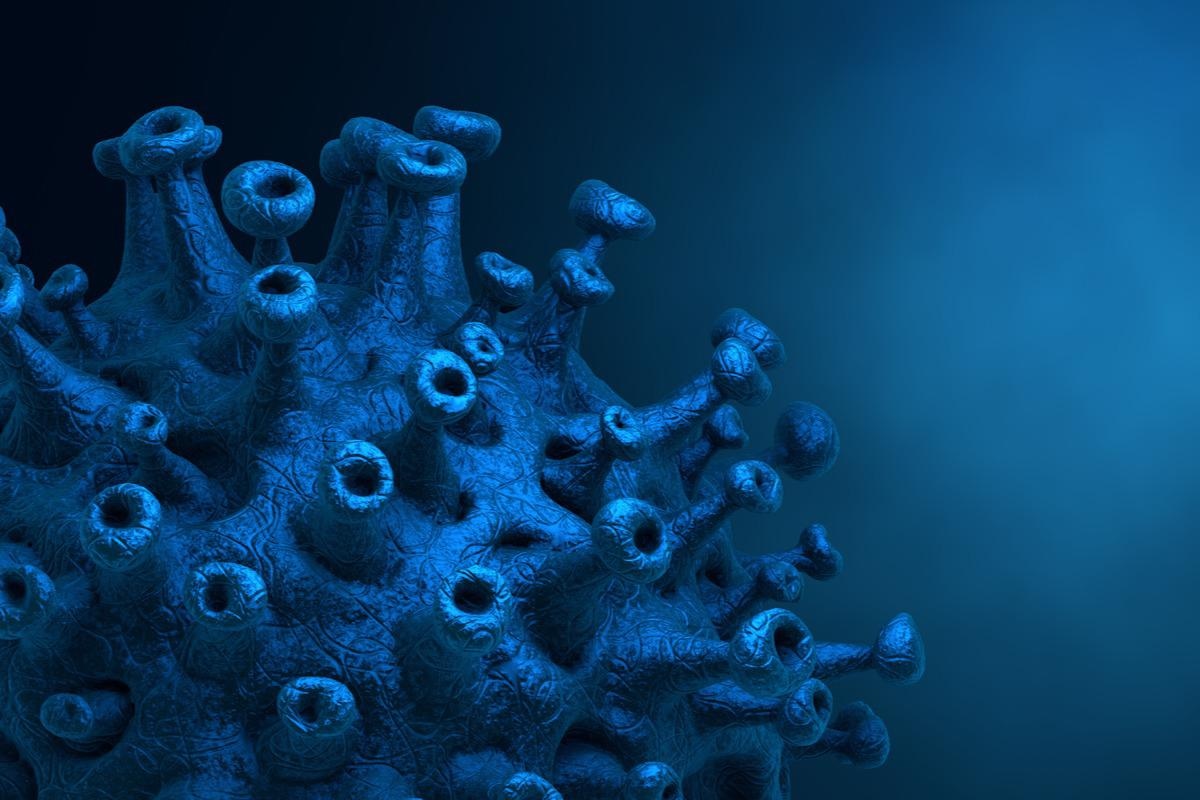A recent study published in the Journal of Microbiology discussed the function and impact of humoral immune responses in coronavirus disease 2019 (COVID-19).
 Study: Protective and pathogenic role of humoral responses in COVID-19. Image Credit: CROCOTHERY/Shutterstock
Study: Protective and pathogenic role of humoral responses in COVID-19. Image Credit: CROCOTHERY/Shutterstock
Globally, there have been over 440 million confirmed cases of COVID-19, including 5.9 million deaths to date. A majority of severe acute respiratory syndrome coronavirus 2 (SARS-CoV-2) infections are either asymptomatic or present mild symptoms, though, less than 20% of the patients do suffer from acute respiratory syndrome (ARDS) or severe pneumonia. Despite the collective global effort, the viral mechanisms causing these COVID-19 complications are still unclear.
Differential antibody responses related to COVID-19 severity
Acute viral infections are generally characterized by higher viral loads and ineffective viral clearance which are associated with severe disease outcomes. However, studies have reported that the levels of SARS-CoV-2 viral loads are not associated with the severity of COVID-19. Also, slower viral clearance has been found in patients younger than 60 years exhibiting more severe disease manifestations and in patients above 60 years irrespective of their disease severity.
Patients with overt inflammation or dysregulated immune responses are at a higher risk of disease progression. Also, clinical parameters were correlated with the presence of higher amounts of virus-specific antibodies. Additionally, patients with severe manifestations of COVID-19 had more robust and quicker antibody responses as compared to patients with mild disease progression. Overall, a positive association between the survival of SARS-COV-2-infected patients and their antibody levels has been widely reported.
A study conducted by Secchi et al. reported the presence of a specific immunoglobulin G (IgG) in the SARS-CoV-2 receptor-binding domain (RBD) as a predictor of survival in SARS-CoV-2 patients. On the other hand, Garcia-Beltran et al. reported that survival could be indicated by a higher neutralization potency of antibodies while Lucas et al. found that the production of neutralizing antibodies within 14 days of symptom onset could guarantee patient recovery. It was also reported that patients with severe disease produced a larger amount of neutralizing antibodies at a higher speed as compared to non-critical or asymptomatic patients.
Differential B cell immunity predicted severity of COVID-19
One study showed that patients with severe COVID-19 showed characteristics of extrafollicular B cell activation and associated B cell manifestations. This extrafollicular activation is strongly associated with an expansion of cells secreting antibodies, thus explaining the high amounts of SARS-CoV-2-specific neutralizing antibodies in the early stages of infection. The generation of high concentrations of antibodies could also be due to the responses of viral antigen-specific B cells which in turn are caused by T-helper 2 (TH2)-skewed immunity.
The delayed viral antigen clearance was reported to cause antigen-specific germinal center (GC) reactions in lymphoid organs. Also, asymptomatic subjects had lymphopenia, a lower number of antibody-secreting cells, a lower number of B-cells, as well as a low cytokine response. In contrast, the number of total memory B cells was found to be significantly lower in patients with severe COVID-19. This B cell reduction then led to dysregulated humoral immune responses. Altogether, these studies highlighted the dysregulation of B cell responses based on COVID-19 severity, which could be one of the major reasons for COVID-19 disease progression.
Pathogenic impact of COVID-19 antibody responses
Dysregulated antibody responses in COVID-19 patients can manifest as worsened cytokine storms, vasculopathy, coagulopathy, and thrombosis. The presence of IgG-positive immune complexes deposited in the lungs of six fatal cases indicated that this complex is associated with ARDS-related symptoms in fatal cases. Studies have also reported that cytokine storms induced by the enhanced inflammatory immune complex cause the production of proinflammatory cytokines, worsening the pathogenesis of COVID-19.
The reduced viral release from COVID-19-infected cells in patients facilitated the binding of the antibodies produced with viral antigens and indicated that pulmonary cells are primary targets for the antigen-antibody immune complexes in COVID-19 patients. Also, the reduced tolerance of B cells impacted by prolonged activation of extrafollicular B cells could lead to autoreactive antibody responses, which in turn could further worsen COVID-19 pathogenesis. COVID-19 patients had high quantities of autoantibodies against immunomodulatory proteins, disturbing the immune function by lowering immunoreceptor signaling.
Antibody responses and the selection of antibody-escaping variants
Studies have reported the importance of mutations conserved in the SARS-CoV-2 spike protein in increasing COVID-19 transmission and/or binding affinity to the angiotensin-converting enzyme 2 (ACE2) receptor along with the reduced susceptibility of the protein to preexisting neutralizing antibodies.
SARS-CoV-2 variants like Kappa and variants of concern (VOCs) such as Delta showed increased infectivity and higher resistance to neutralizing antibodies as compared to the SARS-CoV2 D614G mutant. In comparison, the Omicron VOC had lower neutralizing sensitivity to the immune sera of vaccinated or convalescent individuals.
Based on these observations, the researchers concluded that the dysregulation of humoral responses in COVID-19 and the accompanying inflammatory reactions could be targeted for the development of future anti-COVID-19 therapeutics.